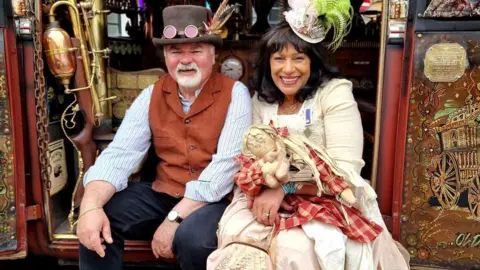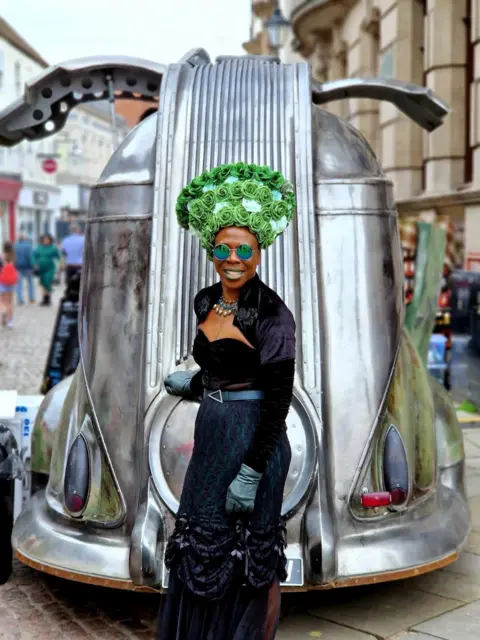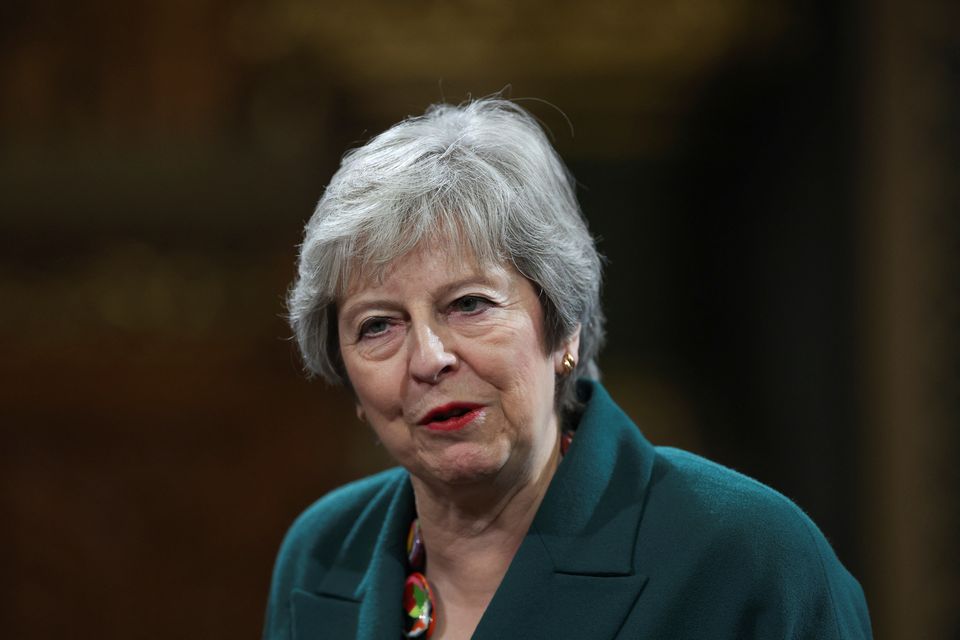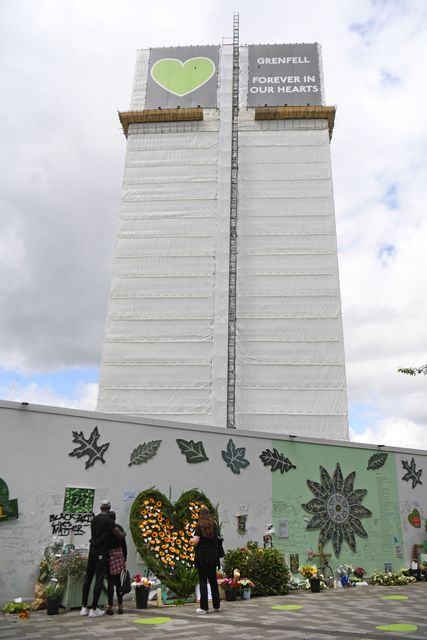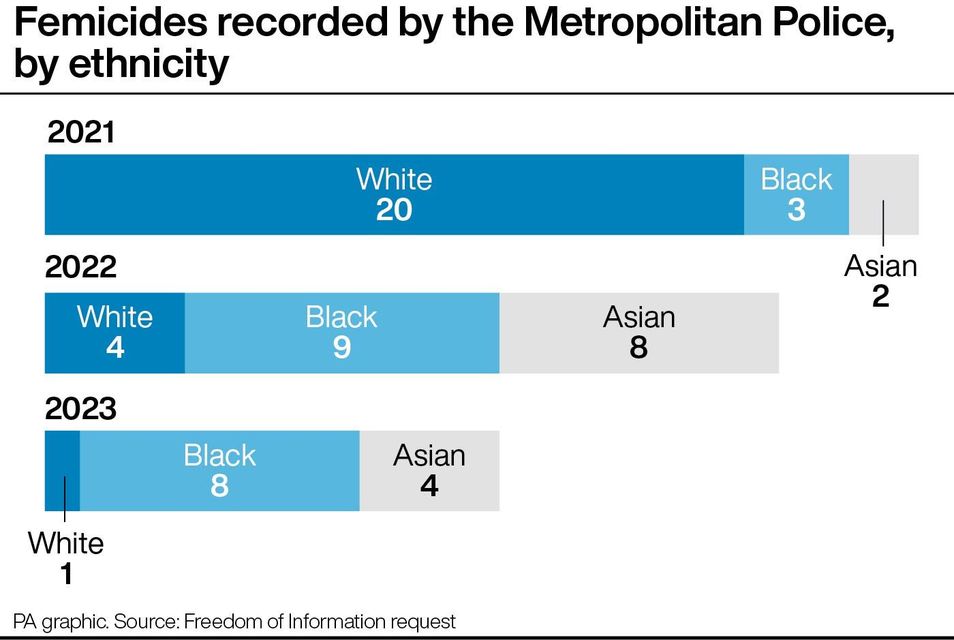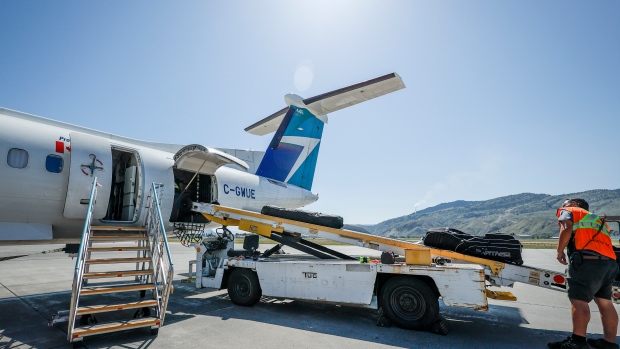A Minority Movement’s Inspiring Call for Equality in Sri Lanka
Sri Lankan activist Jeewaratnam Suresh was among dozens of people from the Malayaiha, or “upcountry” Tamil community who walked around 124 miles over 15 days in 2023.
“I don’t see this merely as a march, but as a journey symbolizing rising up,” Suresh told the Hindu in August 2023.
The Maanbumigu Malaiyaha Makkal march started on July 28, 2023, from Mannar in the country’s northern province and ended on August 12 in Matale, the central highlands. Suresh retraced the steps of his community’s ancestors in Sri Lanka, believed to have been first brought from India to Sri Lanka’s northwest in 1823. The march was one of numerous efforts by the community to commemorate 200 years of their labor and to fight for their rights.
“We are remembering our forefathers by retracing their steps to understand the hardships and sacrifices they made for us,” said Govindaraj Sumithra to Al Jazeera in August 2023.
A Third Space
As of 2012, the 842,323 Malaiyaha Tamils comprised about 4% of the Sri Lankan population. But who are they?
Most people’s understanding of Sri Lankan society is limited to the decades-long civil war and major ethnic conflict on the island between the mostly Buddhist Sinhala majority and the Tamils of the north and the east. However, the Malaiyaha Tamils don’t fit in either category; while the Tamils of the north and east are seen as longstanding residents who have occupied the island for more than 2,000 years, the Malaiyaha Tamils have often been treated by successive governments as interlopers since they moved to the island 200 years ago.
In Sri Lanka, the first 10,000 Malaiyaha Tamils were brought from India and comprised the majority of the tea, coffee, and rubber plantation workforce. The community would also help build roads and railways and work as domestic laborers. “When the British capitalist began to explore and cultivate the unknown regions… he found no suitable labor supply at hand,” wrote the prolific imperial author Henry William Cave in 1905 in the Golden Tips.
Upon arrival in Sri Lanka, the Malaiyaha Tamils walked nearly 124 miles to Matale in the highlands. Clearing the forest along the difficult trek, an estimated 40% of those who tried to make this difficult journey died along the way from snake bites and other wild animal attacks, illnesses, or other causes.
“When they arrived, there were no roads,” 74-year-old Murukan Ganeshan told Al Jazeera, describing the journey his grandparents made, a story that has been passed down his family. “They didn’t have enough food, and some died along the way. The survivors couldn’t bury them,” he said.
For generations since 1823, the descendants of these hardy people have been treated as lesser humans. Cave wrote, “The Tamil coolie in Ceylon may be a shocking barbarian in point of intellect and civilization as compared with his British master, but making allowance for his origin and opportunities he is by no means an unfortunate or contemptible creature. Compared with his condition at home he is much better off here.”
Before the British, the Dutch had colonised Sri Lanka. The problem plaguing the country, however, goes beyond its colonial occupation. After the Sri Lankan independence in 1948, things did not improve for the Malaiyaha Tamils. They were quickly stripped of citizenship and voting rights through two government acts. Many went to India between the mid-1960s and 1982, (“repatriation”) and most of those who remained in Sri Lanka did not regain full citizenship for more than 50 years.
Around 150,000 Malaiyaha Tamils still work on Sri Lankan plantations. Many make about $3 a day for grueling work like picking 18 kilograms of tea a day while trying to avoid leeches and snakes. Sri Lanka’s tea sector alone—the world’s second-largest—brings in about $1.3 billion in precious foreign exchange annually, about 14% of the country’s export earnings.
About 70% of people living on plantations work in other industries, scholar Mythri Jegathesan said during an interview. Many Malaiyaha Tamils have left the plantations for jobs in Colombo or in the hilly areas of Sri Lanka.
“This is a community that has been the backbone of what is now known as the national economy. In the colonial [period], the plantation economy set up the infrastructure for the… colonial rule to have the power that it did [through] the profits and accumulation that it was able to accrue up until independence in 1948,” said Jegathesan.
‘Slave-Like Conditions’
Despite their contributions, members of the community are “still living in slave-like conditions,” Father Samuel Ponniah, a Sri Lanka-based Anglican priest from the community, said during an interview.
The UN Special Rapporteur on contemporary forms of slavery Tomoya Obokata found five to 10 people living in windowless, kitchenless 10 by 12 “line houses” dating back to the colonial era when he visited Sri Lanka in 2021. More than 67% of plantation workers still live in these houses.
The lack of adequate living conditions is just the start. “Our community is denied equal rights to land, adequate housing, fair wages, education, health, and other state services,” said teacher and member of the Malaiyaha community Nimalka Lakmali to the Union of Catholic Asian News.
During the period in which they didn’t have citizenship, the Malaiyaha Tamils were “stateless in a climate of increasing political violence against Tamils” and without “national ID cards,” said Jegathesan. “They were not able to access forms of employment, education, government services, which would be… taken for granted if you are a citizen,” she said.
In more recent years, Sri Lanka’s economic crisis had a severe impact on the community, with plantation workers having to ration tea and meals.
Moreover, because of the issues they face politically, the Malaiyaha Tamils also face negative economic consequences.
And then there is caste. “Caste is… an integral component of this community's oppression and the standing that they have,” said Jegathesan.
The social structure exists differently than in neighbouring India, but it does exist both within the Malaiyaha Tamil community and in the larger context of the country. It operates, said Jegathesan, as a form of “double labor segmentation—caste operating within the community and caste operating outside the community.” She offers a hypothetical example for the latter of a Malaiyaha Tamil university student from Jaffna in northern Sri Lanka who might be seen as belonging to a subordinate caste just by being associated with the plantations.
What They Want
Among the issues the Malaiyaha Tamils would like to see addressed are land rights, wages, housing, education, language equality, and other basic rights, said Ponniah.
The commemorative activities held in 2023—which included the march, a conference that concluded on International Tea Day on May 21, and an exhibition in August 2023—generated multiple sets of demands.
At least two major sets of proposals were put forward by members of the Malaiyaha Tamil community. On May 21, 2023, a 13-point declaration was adopted by artists, academics, and others after several days of deliberations.
The declaration called on the government to recognize the community as a distinct nation, ensure that they have access to land, housing, and a living wage, provide a 10-year development plan, and end sexual harassment and unequal pay for women.
The goals centring around gender are part and parcel of the labour rights agenda, said Krishnan Yogeshwary, the general secretary of the Working Women’s Front, Sri Lanka’s first women-led trade union, during an interview.
Meanwhile, the participating organisations of the Maanbumigu Malaiyaha Makkal march issued a similar set of 11 demands after their long walk.
Jegathesan said there is hope that these events can help highlight “the harms that have been done” and lead to greater rights for all based on the principle of providing reparations first and foremost for the most marginalized. She noted that descendants of other plantation economies have made calls for reparations too.
Thus far, the march and other commemorative and forward-looking activities have generated pledges for land redistribution from the Sri Lankan government and housing construction by the Indian government.
But this community is used to being mistreated by those in power. So far, much of what they have to show for their 200 years of labour are “broken promises” from a country they largely built. For example, in 2021, after winning an increase in the minimum wage paid to plantation workers to 1,000 Sri Lankan rupees ($3.06), workers were robbed through “commissions” charged by middle managers, deductions stemming from unrealistic production targets, and inflation.
To ensure a change and to end the wrongs perpetuated against them, the Malaiyaha Tamils will have to continue to push their demands for a better future, just as they did with the march in 2023.
Saurav Sarkar is a freelance movement writer, editor, and activist living in Long Island, New York. Follow them on Twitter @sauravthewriter and at sauravsarkar.com.
Source: This article was produced by Globetrotter.



